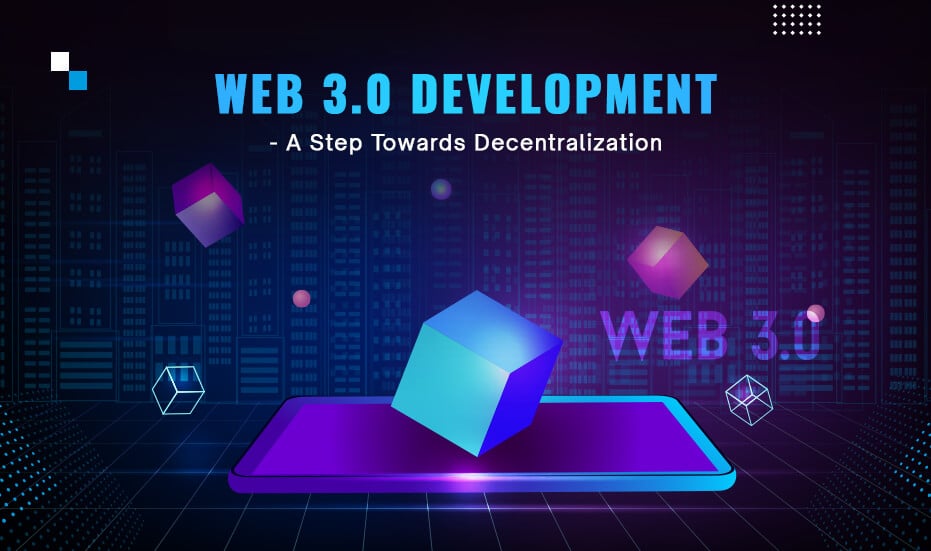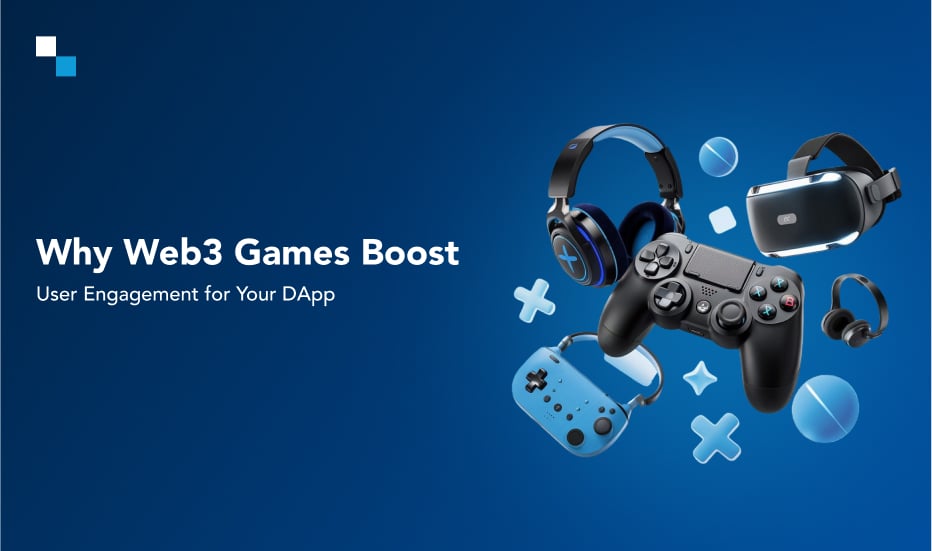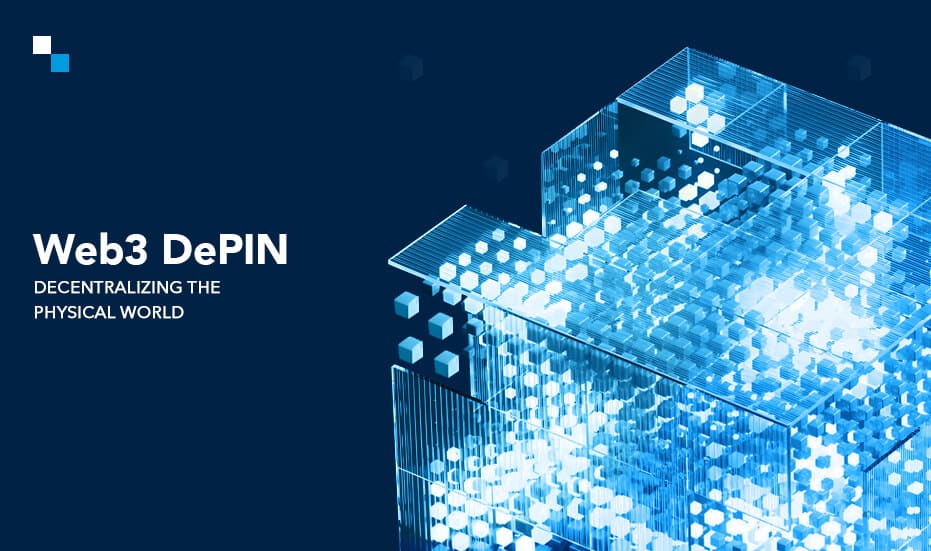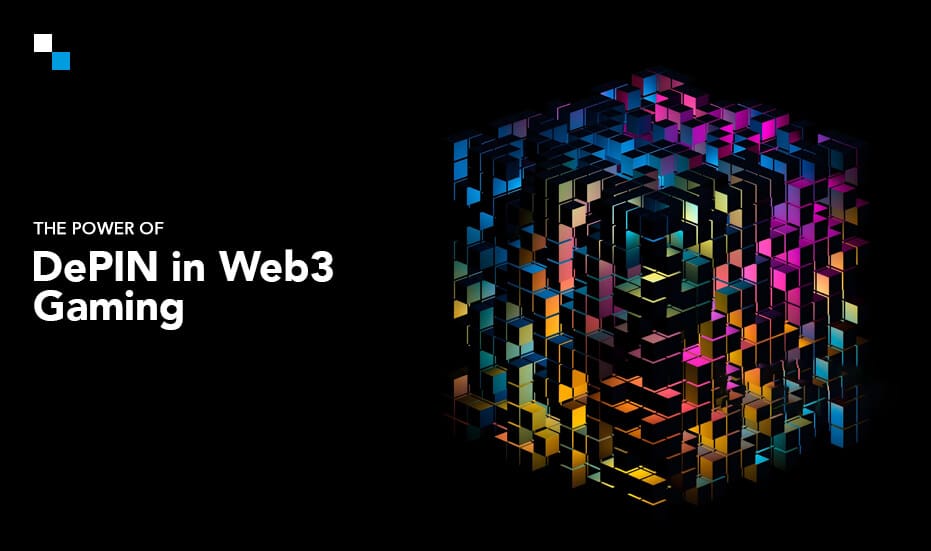
Crypto Market-Making Software & DeFi: What’s the Hype?
March 21, 2023
How to Build Substrate blockchain framework Efficiently?
March 21, 2023A potential future iteration of the internet known as Web 3.0 is built on public blockchains, a database best known for facilitating cryptocurrency exchanges. Web 3.0 is appealing because it is decentralized, which means that instead of customers using services that are mediated by businesses like Google, Apple, or Facebook, users themselves own and control portions of the internet. Web 3.0 does not require “permission” or “trust,” which means that central authorities cannot control who has access to what services. It also does not require an intermediary for virtual transactions to take place between two or more parties. Web 3.0 Developer technically preserves user privacy better because these organizations and intermediaries are conducting the majority of the data collection.
Decentralized finance, also referred to as DeFi, is a Web 3.0 feature that is gaining popularity. Real-world financial transactions must be carried out on the blockchain without the assistance of banks or the government. In the meantime, a lot of large companies and venture capital firms are investing heavily in Web 3.0 Development, and it is difficult to imagine that their involvement won’t lead to some kind of centralized power.
How is Our Future Affected by Web 3.0?
Web 3.0 is designed by Web 3.0 Developer to provide long-lasting outcomes because of its decentralized nature, which is made possible by distributed ledger technology and smart contracts. By eliminating middlemen, manual mediation, and arbitration, it also reduces costs. Web 3.0 promises a far more personalized browsing experience for everyone. Online apps will become far more reactive to our usage patterns, and websites will be able to automatically adapt to our device, location, and any accessibility requirements we may have.
We think that Web 3.0’s arrival will make our lives better for the following three reasons:
1. A More Customized Browsing Process
Regardless of how obtrusive those adverts may occasionally feel, there is no doubting the convenience of being able to swiftly click over to a specific deal for something you genuinely need or desire and that you would have missed otherwise.
2. Improved search
Using a natural language search engine is very effective, as was already noted. As the learning curve almost disappears and businesses are increasingly able to optimize their websites for search engines in a more natural way rather than utilizing sophisticated keyword strategies, the advantages go far beyond the consumer.
3. More Advanced App Interfaces
More than just websites will benefit from the multidimensional Web 3.0 Development; web apps will be able to give users much richer experiences. Try a mapping service like Google, which now offers more advanced location search capabilities in addition to route planning, lodging recommendations, and real-time traffic reports. Simply said, this was not practical in the Web 2.0 era.
Web 3.0 Development: Taking Step Towards Crypto World
You’ll see that cryptocurrency is regularly brought up when discussing Web 3.0. This is due to the fact that many Web 3.0 protocols have a strong reliance on cryptocurrencies. Instead, Web 3.0 Developer provides a financial incentive (tokens) to anyone who wants to assist in the development, administration, contribution, or improvement of one of the projects. Digital assets known as “Web 3.0 tokens” are linked to the goal of building a decentralized Internet. These protocols may offer a range of services, including hosting, computing, bandwidth, storage, identity, and other internet services previously offered by cloud providers.
- For instance, the Ethereum-based Livepeer protocol offers a market for producers of video infrastructure and streaming services.
- Similar to this, Helium uses blockchains and tokens to entice individuals and small companies to provide and validate wireless coverage as well as send device data across the network.
- The protocol offers a variety of technical and non-technical alternatives for people to make a living. The elimination of unnecessary and frequently wasteful intermediates is a common feature of decentralization.
- Users would use “community points,” which they would acquire by posting on a particular subreddit, according to the idea.
- Moreover, nonfungible tokens (NFTs), digital currencies, and other blockchain components will be crucial components of Web 3.0 development.
How Businesses will benefit from Web 3.0 Development?
1. End to the Monopoly of Tech Giants
The user-generated data is owned and controlled by a small number of companies. They not only use the information for their own purposes, but they also sell it to other service providers in order to make money and sway user behaviour. Web 3.0 will put an end to centralized platforms and data monopolies that control user data. Decentralization will take center stage, and users will have full control over their data. Individuals will have the authority to choose which data they want to share with companies in order to generate income.
2. Fewer Intermediaries
There are a lot of third parties involved in Web 2.0, including clients and businesses. These middlemen receive a portion of the revenue from clients who buy goods or services from a business. Web 3.0 directly links businesses and customers. They are no longer required to distribute their earnings to outside parties. There will still be a need for equitable monitoring of transactions, but Web 3.0 Developer can handle it.
3. Increased Security & Privacy
The largest problem facing businesses in Web 2.0 is website security. We occasionally hear reports of websites being hacked and user data being stolen. These occurrences frequently cost millions of dollars, not to mention the harm they do to their reputation. Such cases will come to a stop with Web 3.0 Development. With privacy and security taking precedence, data breaches and privacy intrusions will become rare. Also, due to Web 3.0’s decentralized nature, it will be hard for hackers to access the network covertly.
The Internet’s Future
Prior to Web 3.0, it was challenging to locate the most accurate result on search engines. Yet, over time, they have become better at identifying semantically relevant results based on search context and data. Web browsing becomes more practical as a result, making it easier for everyone to find the precise information they need. Web 3.0 Development has given a successful user experience on websites and web applications that depends on customer service. In the coming years, the internet will get more immersive and interesting. Web 3.0 Developer will speed the fair and transparent use of user data, enabling 3D visuals, cross-platform development tools, and tailored search results. Connect with Antier to hire one!



